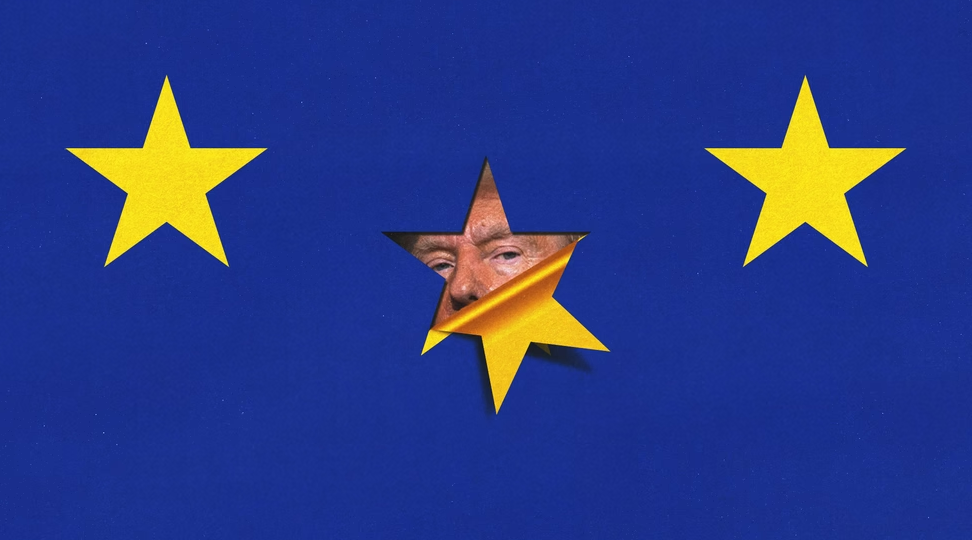Europe is preparing for what many see as a challenging chapter with the return of Donald Trump to the White House. Publicly, officials are projecting calm. “On the record? We’re as calm as calm can be,” one European official assured, emphasizing their focus on fostering “transatlantic cooperation” and “working toward strong relationships with the new administration.”
Behind the scenes, however, anxiety looms. The same official, speaking anonymously, admitted: “A million things could go wrong.” Political leaders and diplomats across Europe are bracing for turbulence, acknowledging they can no longer count on a predictable America. “The pendulum swings from one extreme to the other,” the official said.
Strategic Adjustments: A Shift in Europe’s Defense Outlook
The return of Trump, coupled with his “America First” stance, is pushing Europe to reconsider its reliance on the U.S. for defense. Wolfgang Ischinger, a veteran German diplomat, has highlighted the precariousness of the current situation: “We have a war now. This is urgent—this is not just political theory. This is a decisive moment in European history.”
Ischinger, once skeptical of Europe’s ability to achieve strategic autonomy, now sees it as imperative. “Are we finally going to wake up to the fact that we cannot rely forever on being protected by the United States?” he asked. He stressed the need for Europe to manufacture its own weapons and strengthen its borders, arguing that the continent’s dependence on American military might is unsustainable.
Currently, the U.S. stations about 85,000 troops in Europe and provides critical capabilities, including air support, intelligence, and missile defense. It also covers about 16% of NATO’s operating costs. This reliance, Ischinger warned, is risky, especially with Trump’s history of questioning NATO’s value.

Diplomatic Charm Offensive: Risky but Necessary
European leaders are also recalibrating their diplomatic approach, seeking to foster better ties with Trump and his allies. Ischinger noted efforts to deepen personal relationships with Republican figures, as well as discussions about inviting Trump for a grand state visit.
Yet, the potential backlash cannot be ignored. “I cannot imagine any such scenario in any German-French-Spanish-Italian city where you would not have huge anti-Trump demonstrations, probably really ugly ones,” Ischinger remarked, describing the logistical and political nightmare of organizing such a visit.
Public sentiment across Europe remains largely hostile to Trump. “I see a lot of disdain and panic,” Ischinger admitted, referencing headlines that greeted Trump’s reelection. Britain’s Daily Mirror asked, “What Have They Done … Again?” while Die Zeit bluntly declared: “Fuck.”
Populism on the Rise: A Transatlantic Ripple Effect
Trump’s victory is also galvanizing far-right movements in Europe. Nathalie Tocci, an Italian political scientist, observed: “They feel they really are on a roll, and they probably are.” She argued that Trump’s success provides legitimacy to similar political forces across the continent.
Tocci added that far-right leaders, once careful not to alienate the U.S., may now feel emboldened to express their true views. “There’s going to be quite a lot of lowering of the masks,” she said.
Bruno Maçães, a former Portuguese Europe minister, echoed these concerns. Reflecting on Trump’s domestic appointments, he described them as a sign of “a profound deterioration of political culture and democratic norms.”
A Decisive Moment for Europe
The stakes for Europe are high. As Ischinger emphasized, “This is not just political theory.” Trump’s return to power forces Europe to confront its vulnerabilities and explore a future where it must stand more firmly on its own.
While the immediate plan is to “deal with him” and hope for the best, the long-term focus is clear: Europe must prepare for a world in which American protection is no longer guaranteed.
Smart Gardening Tools for Reducing Your Environmental Footprint

